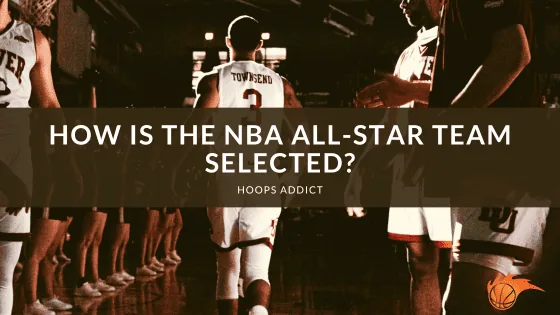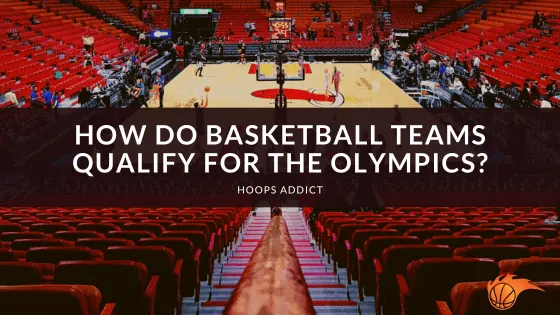It’s safe to say that when you become a basketball player, the people you spend most of your time with will become like a family to you. After having practices, team outings, and even training together with your team, you will have learned a lot about the people around you. It is inevitable for you to get close to the players around you. With this in mind, it’s no strange occurrence that your basketball coach can become somewhat like a father figure.
Though this is the case for many teams, not for all, this article will help you understand what to do about a lousy coach and how to deal with one when playing basketball. You must remember throughout this time that you cannot let this one coach spoil your season.
Many things can make a bad coach. This can include unfairness, favoritism, or what you may perceive as excessive anger. There are right and wrong ways to handle all of these situations. We will provide you the best advice for how to deal with a bad coach in basketball and even advice on how you should go about talking to your coach.
All you have to do is take the first step to solve your problems and keep reading.
 What Makes a Bad Basketball Coach?
What Makes a Bad Basketball Coach?
It’s important to differentiate a bad coach from someone who is merely having a bad day. Though everyone is entitled to a bad day, there are specific actions, characteristics, and events which will signify that someone is simply a bad coach.
By definition, a coach is seen as a tutor. It is someone who trains players on the fundamental components of a sport. They prepare them for a test or in the sports realm, a game. Before you can understand the characteristics of a bad coach, it’s essential to know what a good coach is and even have examples of a good coach.
A good basketball coach is someone passionate about his players, not only succeeding but growing in fundamentals and their love for the game. They are involved, they have excellent basketball IQ, and they know the boundaries of the discipline. A good coach will also push you individually and as a team. Some excellent notable coaches include Bobby Knight, John Wooden, Pat Riley, and Phil Jackson. If you are serious in your basketball history, these are coaches, you may know.
However, with so many examples of good coaches, you may be wondering what constitutes a bad coach. Well, a bad coach isn’t something you can describe in one sentence. Many characteristics make up a bad coach and several examples that we can provide you.
Behaviors of a Bad Basketball Coach
- They only think about winning games.
- They allow players to shun one another and facilitate a bullying culture.
- They have favorites who receive more time, recognition, training, or the like.
- They disrespect players and other faculty.
- They do not take responsibility for their actions.
- They have no regard for the emotional, mental, or physical well-being of their players.
- They demean or disrespect players in front of others as a spectacle or “lesson.”
I’m sure if we tried, we could give you 1000 more characteristics of a bad coach. However, one thing in all of these that is evident is the lack of care or regard for the athletes they are working with. All of these behaviors can manifest themselves in several activities.
For example, allowing individual players to sit out of drills because they are your favorite or embarrassing players in front of their teammates are two things that may be experienced under a lousy coach. Though some coaches may exhibit tough love, every punishment is not an act of love.
One coach who was publicly shamed for his behavior is Mike Rice, former coach for Rutgers University. He was fired after a video went viral of him abusing his players during practice in 2013.
A coach’s job is to help their players grow in more ways than simply on the court. If they aren’t doing this, they are failing not only themselves but their team as well. However, anger issues are one thing that we are seeing in coaches more frequently. These issues may have interesting origins.
 Why So Many Basketball Coaches Have Anger Issues?
Why So Many Basketball Coaches Have Anger Issues?
You may notice that you’ve had a coach in the past who seemed extremely anger. Every day for him appeared to be a bad day. This coach may have had a legitimate anger issue. There are patterns you may notice in a coach who has an anger problem. Some of these behaviors include ignoring people they are having a problem with; they may struggle to compromise their ideas, and this person may also have trouble expressing their emotions.
Regardless of the signs, there are several reasons why coaches may have an anger issue. The following list includes common causes; however, it is not all of the reasons which are possible.
Frustration with Team Performance
One primary reason for a coach’s anger may be that the team is not performing to their liking. A losing streak may trigger anger within a coach as well as having issues with players on the team. When a team is not performing, they outside will look to the coach as the reason. If they are not winning or performing well, the coach is not doing their job.
Stress from the Community Around Them
A coach can also feel pressure from their peers if they are in a high-profile environment. This can happen in places like Ivy League schools, high profile high schools, or atmospheres where winning legacies are substantial. The constant need to secure the win maybe more than some coaches can handle, resulting in their players feeling the wrath.
Coaching From Experience
It’s often said that many coaches coach in the manner at which they were coached. If their history of coaching has been bully tactics and constant yelling, they may merely be coaching from experience. However, even with this experience, they can use it to fuel a change in them. As we get older, coaching styles must evolve to fit the needs and problems of the time. Things that worked in the past may no longer be relevant in the future.
 What to Do When Your Coach Yells at You?
What to Do When Your Coach Yells at You?
We all know that terrible coaches do exist. Now that we have identified characteristics of a bad coach, we must provide you with tips on what to do about a bad coach. Yelling is one thing that many players may have a hard time dealing with. Though we know it happens at all practices and games, it is something players must deal with.
Do Not Express Your Anger
It’s natural to get mad when someone yells at you. However, if they’re yelling is more instructional rather than angry, and you know they aren’t coming from malice, do not express anger in return. This retaliation will only make things worse and escalate the situation. Instead, try to channel this anger into your workouts and performance. Use it as motivation.
Assess the situation
Make sure that you are assessing the case as to why you are being yelled at. Ask yourself if you are making the same mistakes over and over. This could be a point of frustration for the coach. Above all else, make sure you remain positive and have positive body language. Provide eye contact with your coach to show that you hear them.
Talk to Your Coach
Talk to your coach to understand what the problem is. If you’re feeling excessive pressure from your coach and you are unsure why it may be helpful to have a conversation about where their frustrations are coming from. If talking to your coach is not something you are comfortable doing, it may be beneficial to bring someone else in. This is when you may be wondering should parents talk to high school coaches.
 How Do You Deal with Coach Favoritism?
How Do You Deal with Coach Favoritism?
Favoritism is something any person would have a problem with if they were a part of a team. It can make a player feel less valuable or as if he doesn’t have his coach’s support. There are several things you can do if you feel that you are dealing with unfair coaches who are exhibiting signs of favoritism.
In many cases, the coach may not be playing favorites. Still, instead, they are doing things like giving the more talented players playing time or providing opportunities to players they feel are going above and beyond.
Don’t Take it Personal
You may feel you are the best player around. However, your coach may see something different. Try not to take your coach’s decisions personally. They may be acting for the betterment of the team. You may be blinded because you are focusing more on your personal feeling than the improvement of the collective.
Make an Impact
If you feel that you are consistently being overlooked, try to make an impact. You can do things like come earlier to practice to help out, take an interest in getting your coach’s feedback, and attempt to change the situation. Through everything, make sure you are remaining level heading.
Communicate with Your Coach
One last key to getting on the same page as your coach is communication. Talk to your coach about things you can do to improve your game on and off the court. Your coach’s goal is to help you succeed individually, and as a team, this may be the boost you need.
 How Do You Talk to a Coach About Problems?
How Do You Talk to a Coach About Problems?
Request Privacy
Talking to your coach about your problems may be hard, especially in front of other people. However, the last thing you want to do is catch them off guard and in a room full of players. Let them know that you have some concerns which you can use their advice on and set up a time to talk.
Seek to Understand
If you and your coach are having a problem, you don’t want to approach the situation with an attitude. Instead, you should aim to understand where they are coming from and their concerns. Don’t merely bring complaints and frustrations to them.
Avoid Times of High Stress
One big thing to consider is not attempting to talk before or after a game unless necessary. Emotions may be heightened, and adrenaline may be high. This may also be a long day for some coaches. It’s important to remember that they are human as well.
Wrapping Things Up: How to Deal with a Bad Coach in Basketball
Being a basketball coach is not the most straightforward job. They have the minds and abilities of several players in their hands. They are expected to not only be good to their players individually but as a team. This can bring them high stress at times and call them to act out of turn.
If you were wondering how to deal with a bad coach in high school, college, or a higher league, these tips could be applied at all levels. It’s also important to remember that a bad day doesn’t mean someone is a bad coach. Bad coaches show patterns of things like berating teammates and even disrespecting players and staff.
If you are currently playing for a bad coach, don’t worry, this time will pass. It’s essential to keep a positive attitude and seek to understand your coach rather than to simply retaliate. We hope these tips have helped you to understand better what to do about a bad coach.
Did you find this post helpful? Then you may also like to check our other basketball FAQ articles here.
> How Much Do High School Basketball Coaches Make?
> How to Learn Basketball Strategy
Want to get better at basketball?
Join our newsletter & get our comprehensive
101-page basketball guide.
Become a better baller today 👇
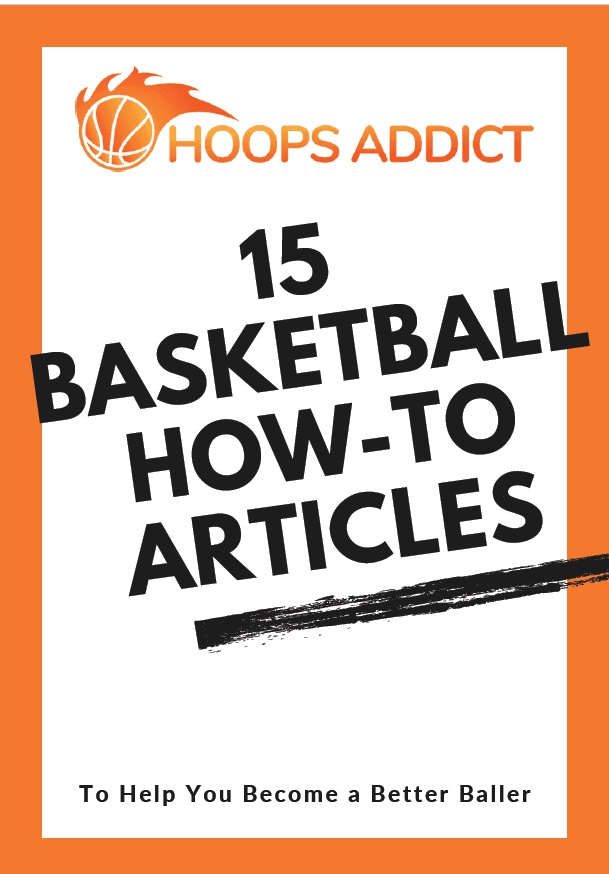

 What Makes a Bad Basketball Coach?
What Makes a Bad Basketball Coach?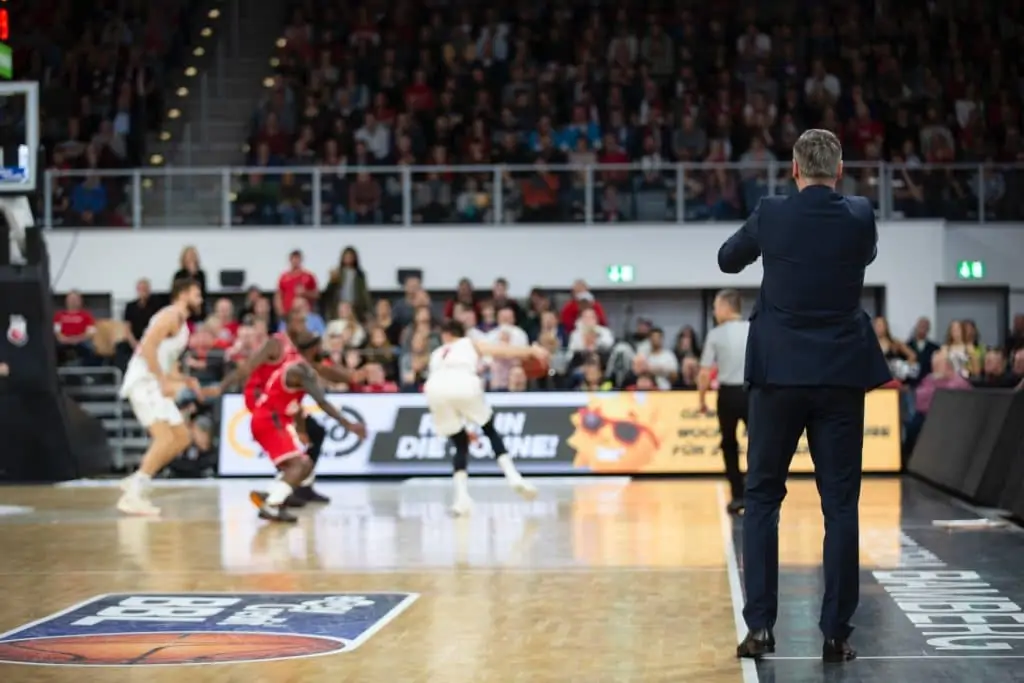
 Why So Many Basketball Coaches Have Anger Issues?
Why So Many Basketball Coaches Have Anger Issues? 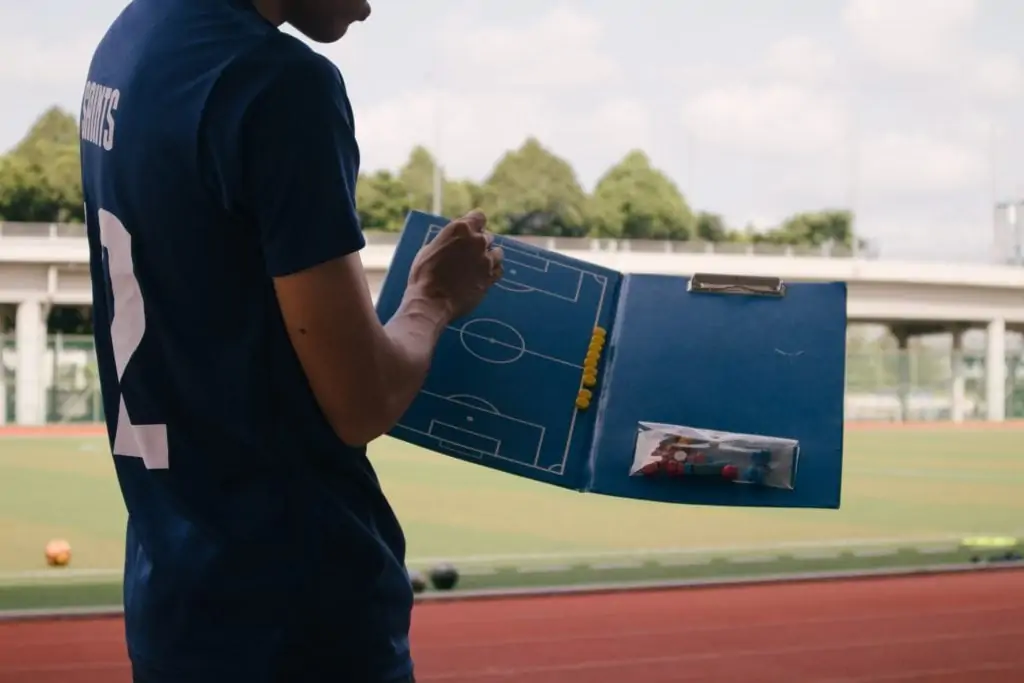
 What to Do When Your Coach Yells at You?
What to Do When Your Coach Yells at You?  How Do You Deal with Coach Favoritism?
How Do You Deal with Coach Favoritism? 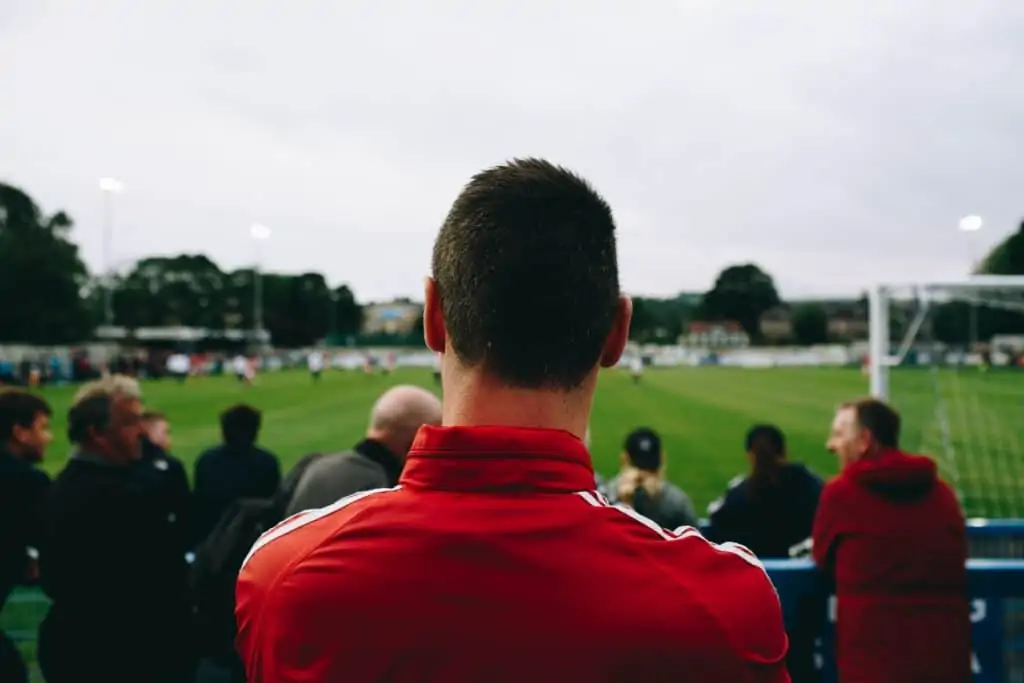
 How Do You Talk to a Coach About Problems?
How Do You Talk to a Coach About Problems? 